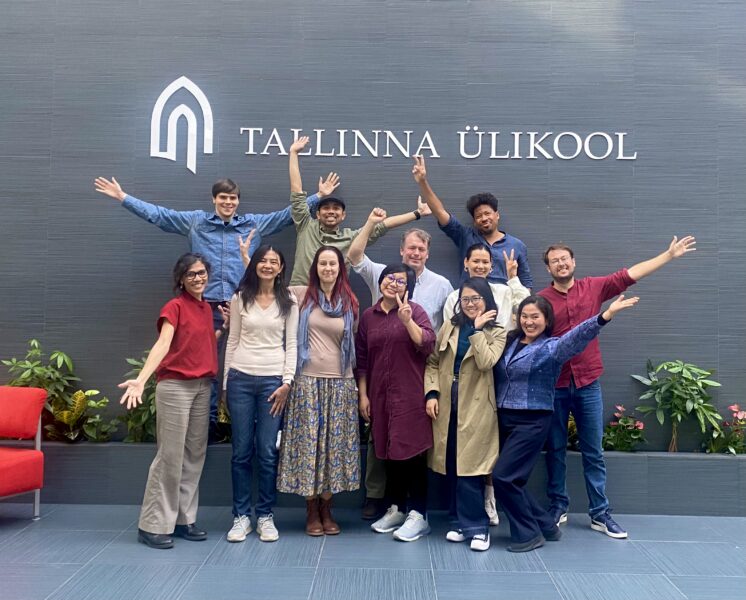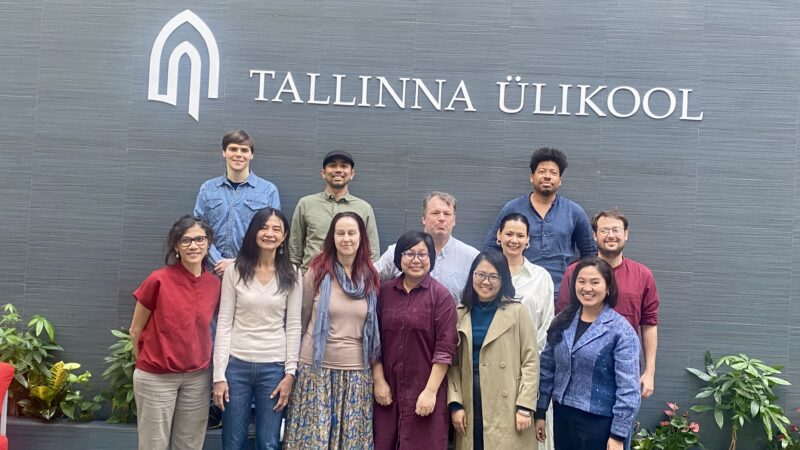
What does it mean to navigate identity, belonging, and heritage across states and even regions? On April 16, 2025, at Tallinn University, the Eur-Asian Border Lab brought together scholars to explore this question during a full-day workshop titled “Negotiating Inter- and Intra-Ethnic Connectivities in Boundless Southeast Asia.”
With participants from Chiang Mai University, the University of Amsterdam, and more, the event featured three in-depth panels covering identity and heritage, trade and environment, and indigenous resilience. Each presentation grounded theory in specific ethnographic or historical contexts, from Tai Lue women navigating cultural identity through transnational handicraft trade, to the politics of memory and revivalism among the Tai-Ahom in Northeast India. Discussions were not only multi-scalar, but also attuned to how power, politics, and environmental change shape these flows and tensions.
Elliot Lodge’s presentation on cross-ethnic mushroom trade opened conversations around precarity, commodification, and ecological contestation. Drawing on fieldwork in northern Thailand, his presentation gave a much-needed perspective on how economic opportunity is entangled with seasonal instability, contested land use, and informal networks of labor and exchange.
This idea of economic and symbolic capital circulating through unlikely channels echoed in Urai Yangcheepsujarit’s exploration of mountain communities’ connections with the Thai monarchy, a relationship that, while steeped in nationalist narratives, remains deeply shaped by local strategies of survival and visibility. Later on, speakers turned to questions of ecological crisis and indigenous responses. Kikee Doma Bhutia examined Himalayan border communities facing both geopolitical tensions and environmental degradation. Her research highlighted how indigenous resilience is often misunderstood when filtered through state-centric or securitised lenses.
Saur Marlina (Butet) Manurung offered a striking case of intra-ethnic negotiation among the Orang Rimba in Sumatra, focusing on how indigenous youth navigate schooling, conservation, and traditional ways of life. Rather than collapsing under external pressures, her research offered a peek into how these communities adapt and assert agency within shifting political and environmental frameworks.
The day concluded with an open group discussion led by the Border Lab’s Karin Dean and John Buchanan, drawing together themes from across the panels and posing difficult but necessary questions about how Southeast Asian connectivities are formed, fractured, and re-imagined today. Throughout the day, the audience remained actively engaged, probing, challenging, and expanding on the ideas presented.
Events like this highlight how border studies perspective helps to understand lived experiences. It reminds us how boundaries are fluid, histories are interwoven, and futures are unpredictable. The diverse voices in the room brought these critical topics to life, and we’re especially grateful to everyone who attended and engaged in this important dialogue.
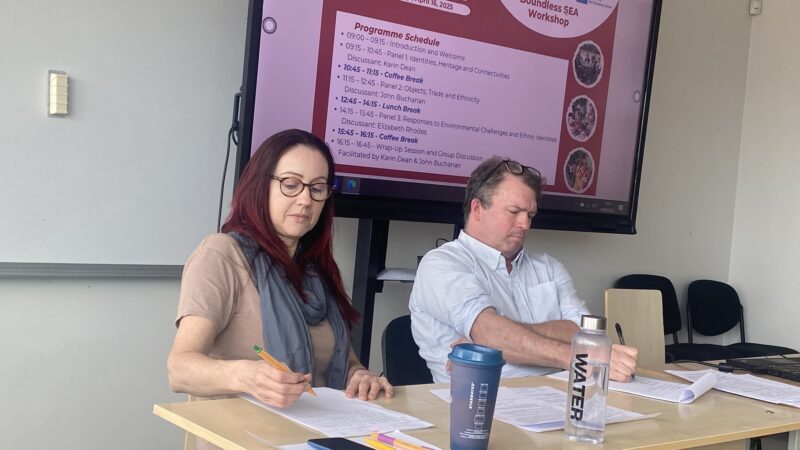 |
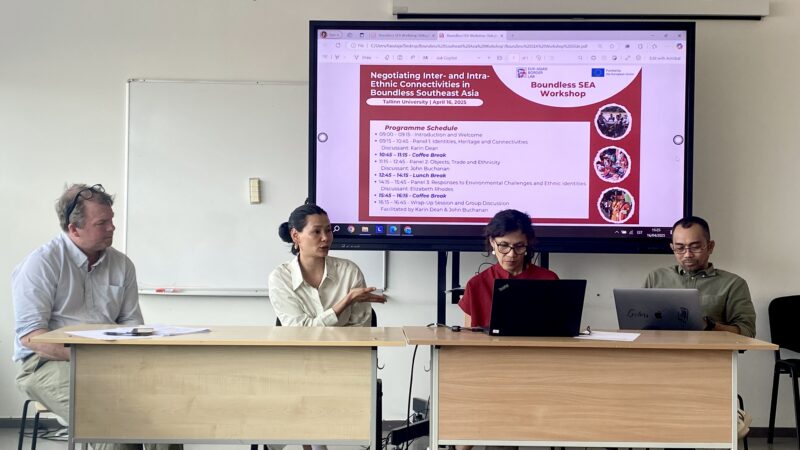 |
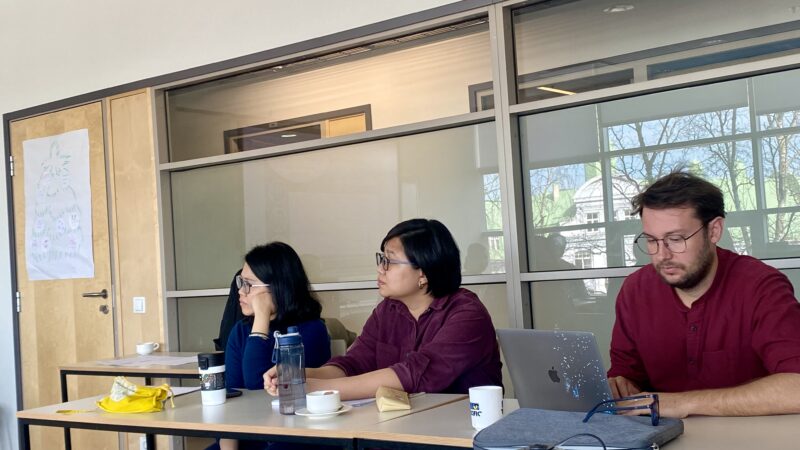 |
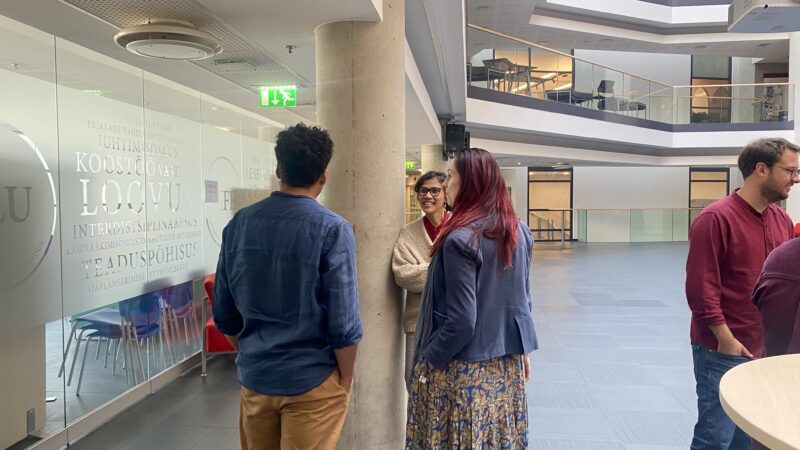 |
